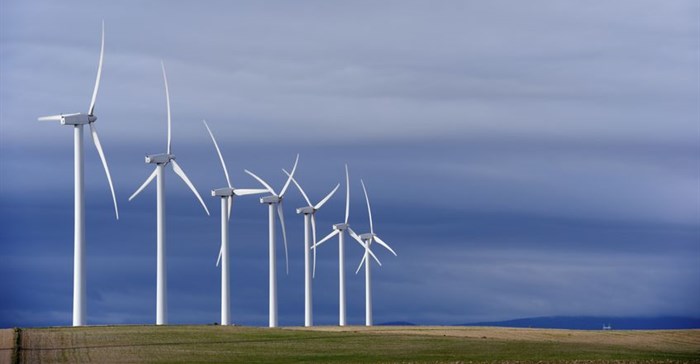
Subscribe & Follow
#AfricaMonth
In the news
WWF forecasts exponential growth in renewable energy

Dr Singer participated in the South African International Renewable Energy Conference (SAIRC) which was held in Cape Town from 4 to 7 October. The first conference of its kind in Africa, SAIRC was co-hosted by the South African Department of Energy and the Renewable Energy Policy Network for the 21st Century (REN21).
"Even the International Energy Agency (IEA), which has historically underestimated the real growth in clean renewables, is now acknowledging that renewables (mainly wind and solar) will be the largest new electricity sources in the decade to come. They are now calling for speedy policy adjustments and reforms to make this happen quickly and smoothly," said Dr Singer.
Largest single source
On 2 October, the IEA released its annual market report at a G20 energy ministers meeting in Turkey, in which it said that renewable energy would represent the largest single source of electricity growth over the next five years.
This was being driven by falling costs and aggressive expansion in emerging economies. According to the IEA report, renewable electricity additions over the next five years were expected to top 700 gigawatts (GW) - more than twice Japan's current installed power capacity. By 2020, the amount of global electricity generation coming from renewable energy would be higher than today's combined electricity demand of China, India and Brazil.
The report said the geography of deployment would increasingly shift to emerging economies and developing countries, which would make up two-thirds of the renewable electricity expansion to 2020. China alone would account for nearly 40% of total renewable power capacity growth.
Key component
WWF has been campaigning actively worldwide to boost renewable energy as a key component of sustainable development and climate protection with a call for a world powered by 100% renewable energy by 2050.
Aside from significant cost reductions in recent years, renewable energy also offers three to five times more employment (per unit energy generated) than fossil fuels, and overcomes erratic, unpredictable and often high fuel costs. It consumes less water than traditional energy sources and does not emit conventional air pollution. Last but not least, renewables generally do not generate global warming gases, which are a significant climate threat.
"There is no doubt, the train for renewables is on the move and accelerating, while the cost of buying a ticket is continuously being reduced," Dr Singer concluded.










